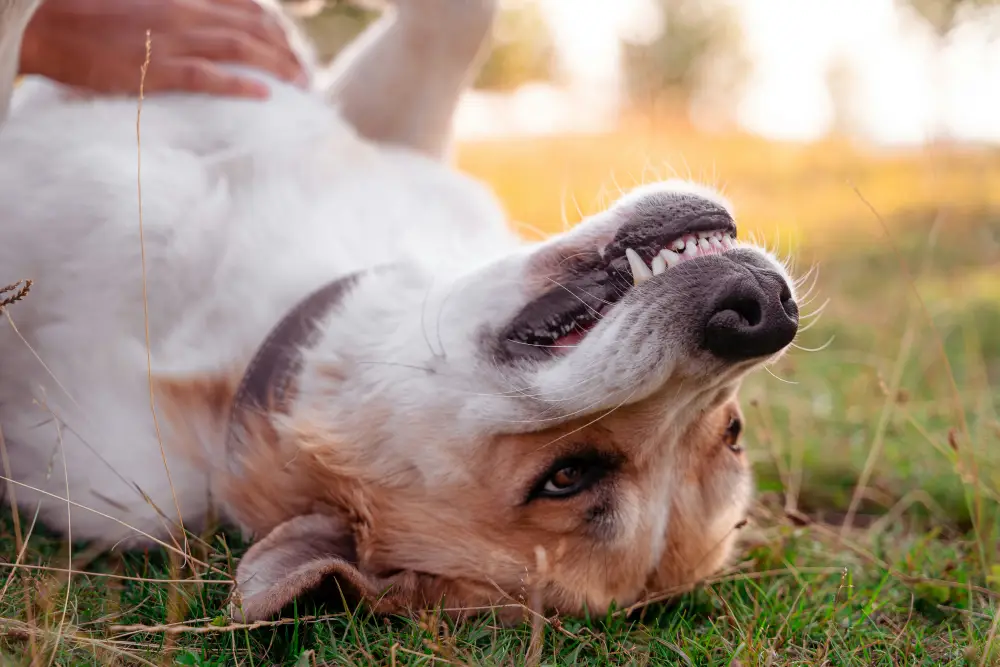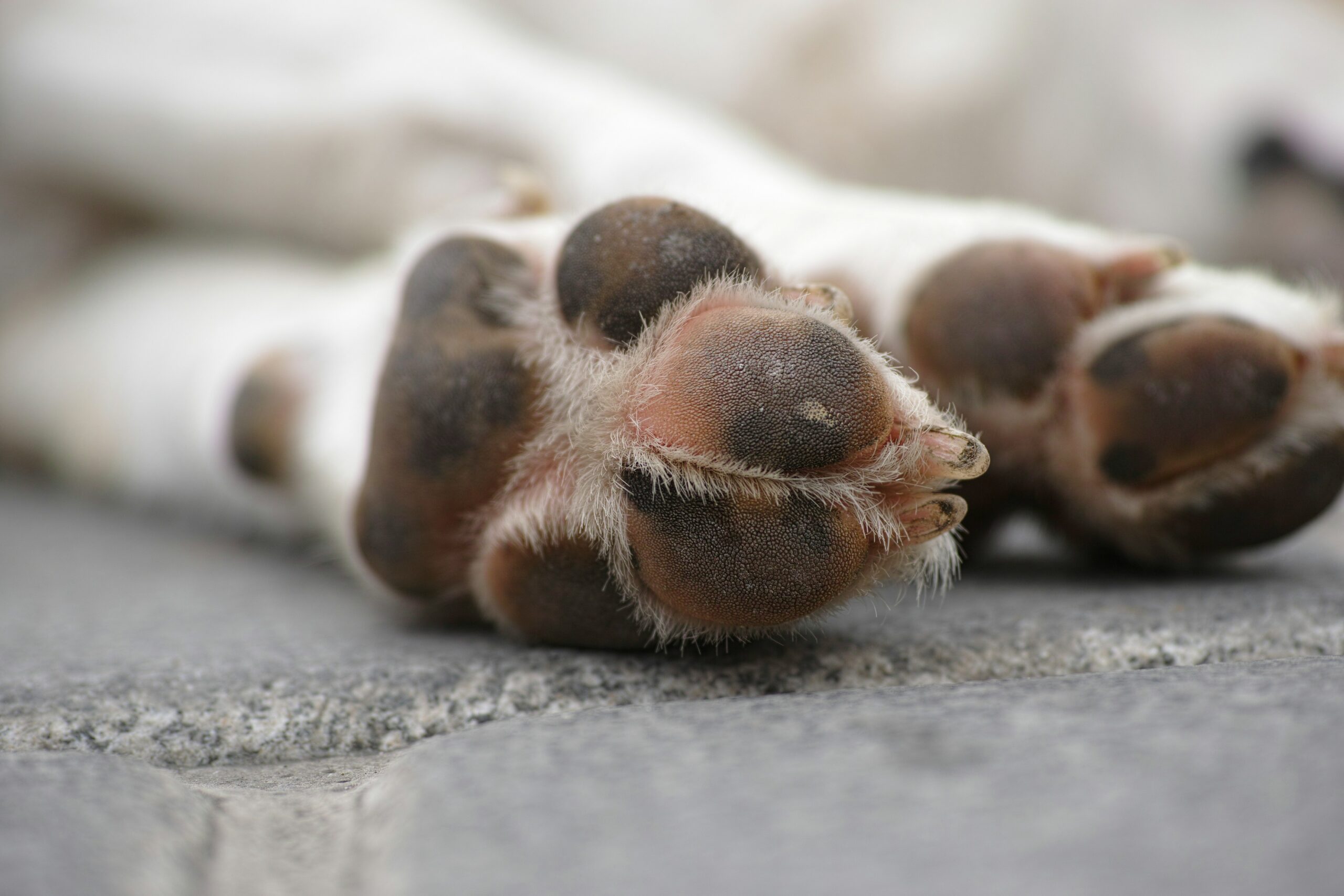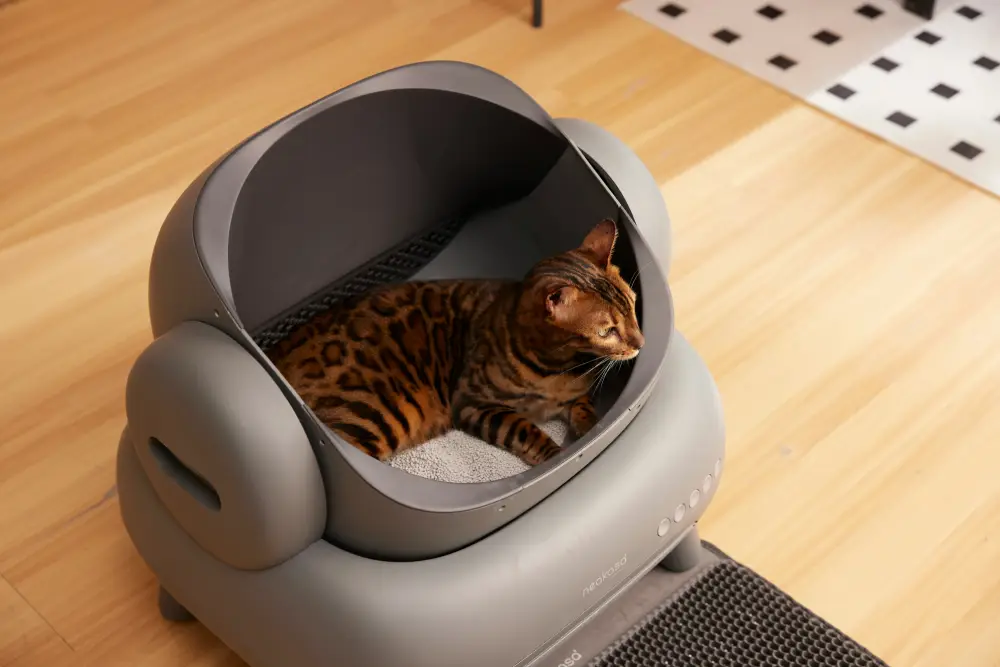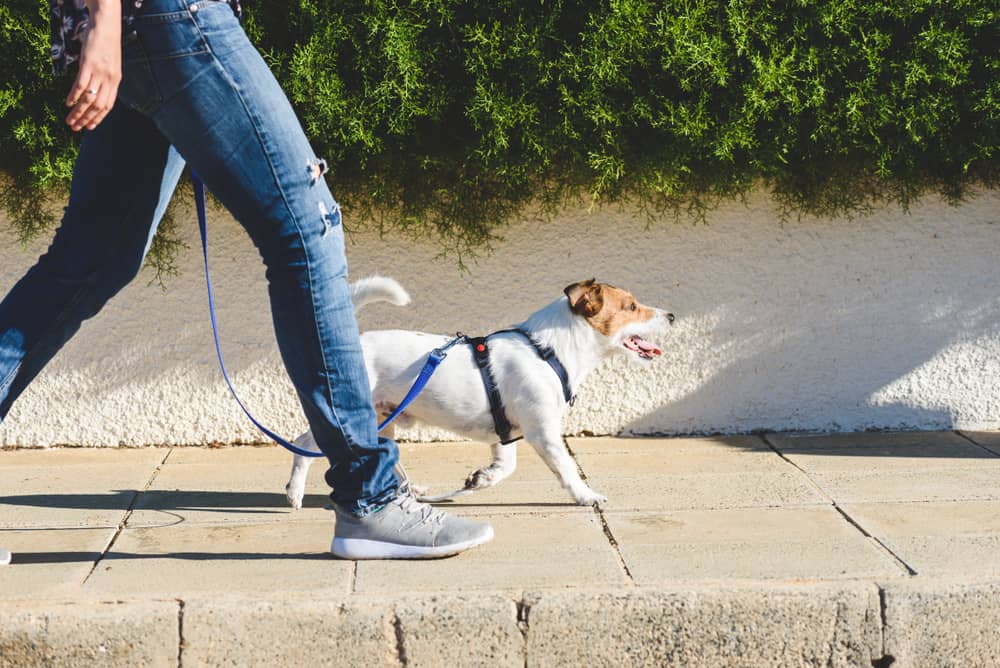
Should I be brushing my pet’s teeth?
February 22nd 2022
Brushing pet teeth is super important. Dental disease is a very common problem is cats and dogs. Periodontitis (gum disease) is seen in over 80% of dogs and 70% of cats by the age of two! There is a common misbelief that a pet will stop eating if it has a dental pain. However, the desire to survive is very strong and commonly the pet will continue to eat despite the discomfort. Some signs of dental pain might involve pawing at the mouth, drooling and rubbing their face, but not every pet will show them.
It is a good idea to get your puppy and kitten used to being touched around the mouth when they still have baby teeth. Once dogs and cats have adult teeth, at around 6 months of age, you can start brushing them. Mechanical cleaning with a toothbrush is the most important part when trying to remove plaque. Choosing a toothpaste with a flavour your pet likes can make it a positive experience, but human toothpastes should not be used. The recommendation is to brush the teeth daily, or at least every other day, as after professional dental cleaning, plaque starts to mineralize within 2-3 days. The list of tested products to help you with home care can be found on the Veterinary Oral Health Council website.
If your pet already has dental disease you should start by booking an oral health assessment and treatment performed by your vet. Brushing inflamed gums and diseased teeth can be painful, may make your pet reluctant to have their teeth cleaned, and chances for cooperation are very low. Once all diseased teeth are treated you can start a home oral hygiene routine. Unfortunately, not all pets will tolerate having a human brushing their teeth. In this case, if your pet is prone to dental disease, you might need to be prepared to book dental cleaning every year or so to keep your pet’s mouth pain and disease free.
Dr Joanna Tkacyzk MRCVS, Vet’s Klinic
Joanna, also known as Asia graduated in 2018 from The University of life Science in Lublin. She has done a couple of traineeships in Italy and Portugal and finally moved to the UK where she worked in general practice for two years before joining Vets Klinic. Asia spent some time in Romania neutering stray dogs and hopes to do some volunteer work in the future. She has a special interest in dentistry and loves to create a cat friendly environment to make vet visits less stressful.

 Shop Dog
Shop Dog
 Shop Cat
Shop Cat
 Vet Know-how
Vet Know-how Contact
Contact


